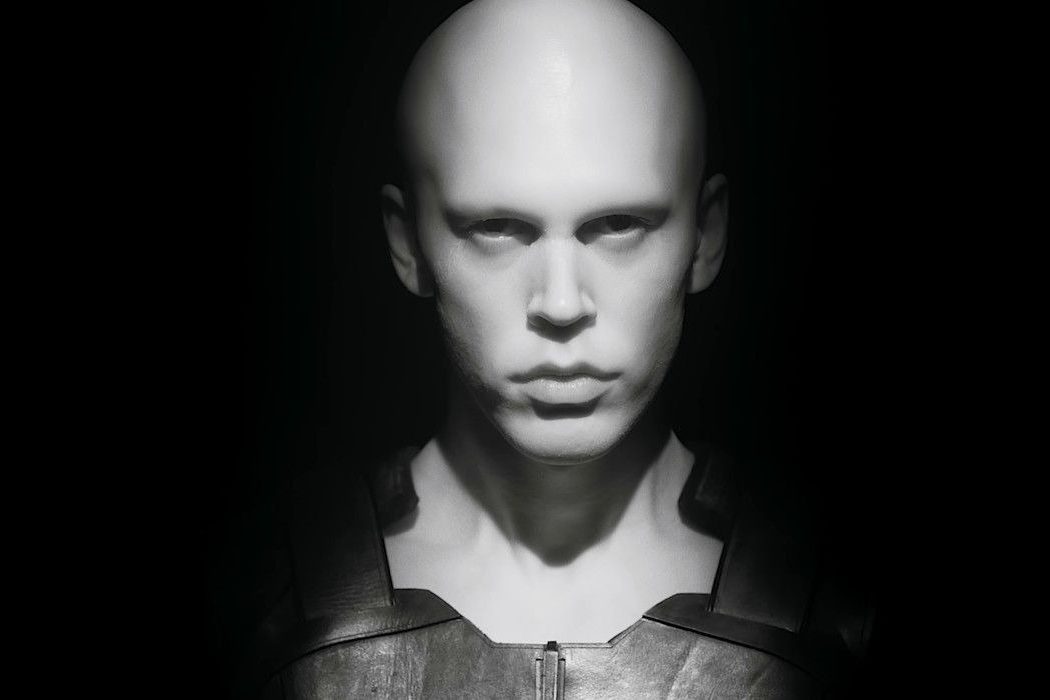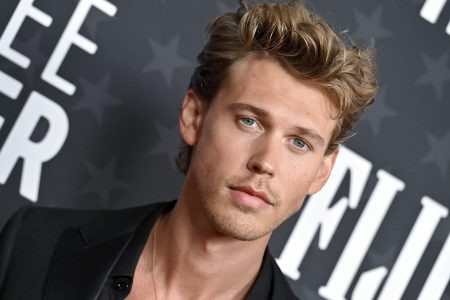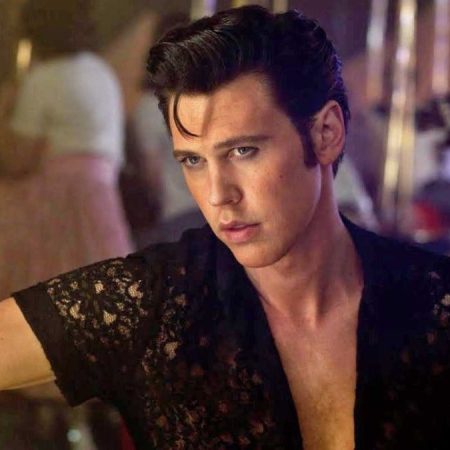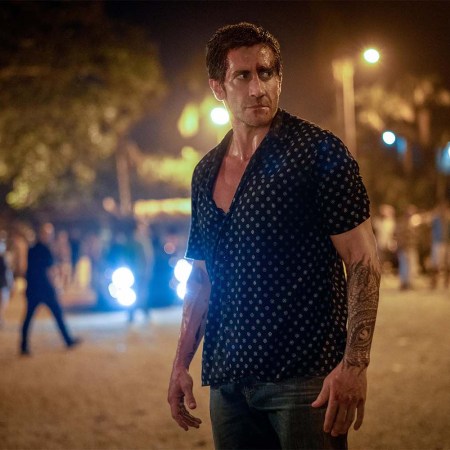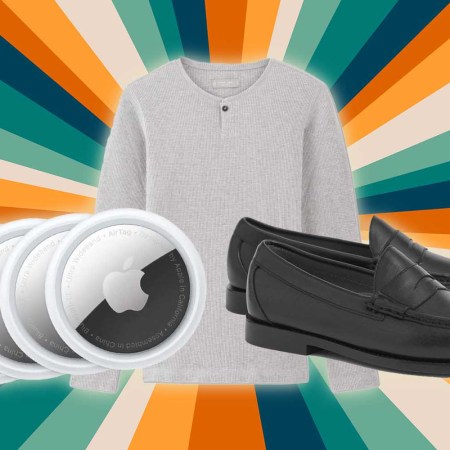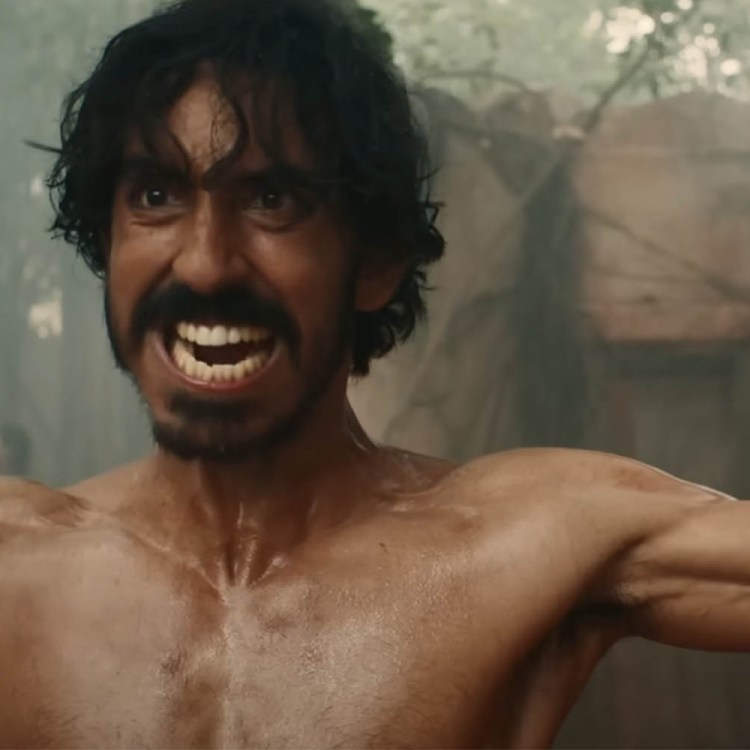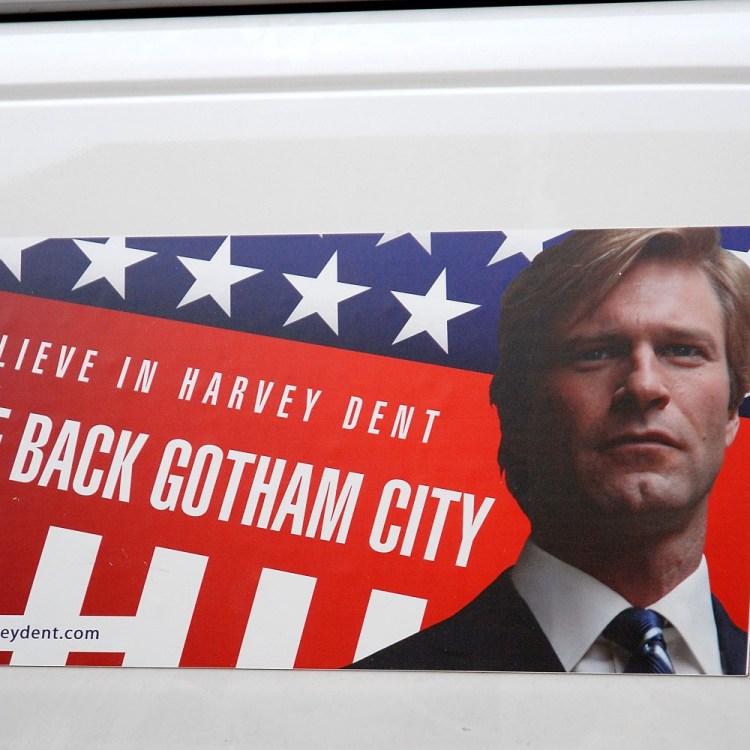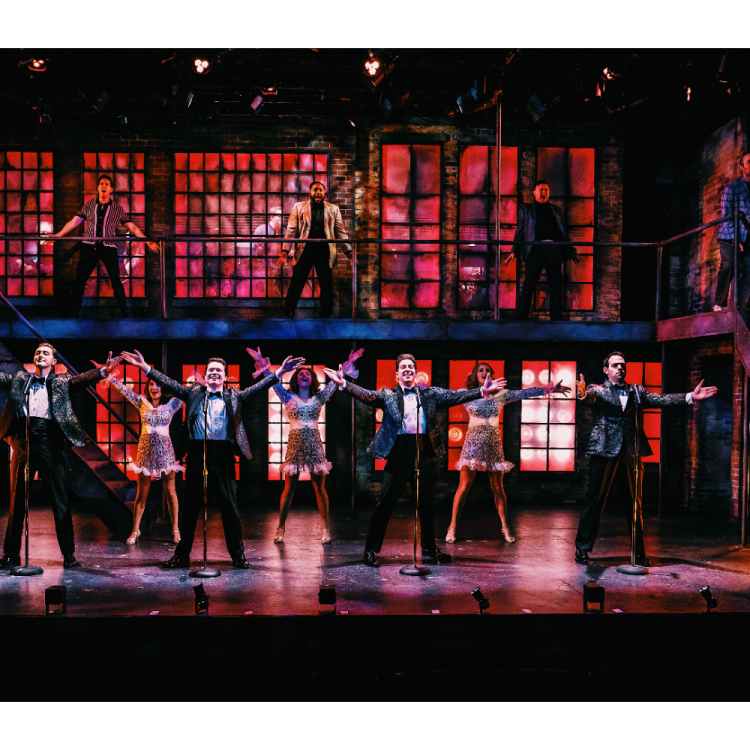While there’s no shortage of cinematic blockbusters with memorable heroes and epic set-pieces, a good villain is hard to find. When’s the last time you were genuinely chilled to the bone — or heck, even remember the villain of the last MCU movie? It’s been a long time since Thanos graced our screens, and excluding him it’s been a pretty dire time for big-screen villains. Even Disney, perhaps the most storied villain-maker, hasn’t delivered a memorable nemesis in over a decade. For enthusiasts of a little something evil, there’s not a whole lot to get excited about these days.
Until now. Dennis Villeneuve’s Dune: Part Two, is the second half of the sci-fi epic Dune, which surprised many with big box-office returns and a whopping 10 Oscar nominations, including Best Picture. But its sequel brings something especially enticing to the table: A wild, unforgettable new villain named Feyd-Rautha, played with gleeful menace by Austin Butler.
Feyd-Rautha is the brother of Dave Bautista’s Glossu Rabban and nephew of Baron Vladimir Harkonnen (Stellan Skarsgård). There’s rage and ambition at Feyd-Rautha’s core: He despises his brother and wants nothing more than to rule Arrakis and be the most dominant force in the universe. There’s an unhinged mania to Butler’s performance that makes it difficult to look away. He’s quickly established himself as a deeply committed performer — immersing himself into an accent for his Oscar-nominated role in Elvis, and then keeping that accent for a concerningly long time after the movie wrapped filming.
His Feyd-Rautha accent is infinitely stranger and more beguiling than his Elvis one. It’s largely mimicking Stellan Skarsgård’s performance, mixed with a more cartoonish, eye-bulging villain, with a dash of someone gargling tar. His voice is inconsistent — when Freyd-Rautha is interrogating a Fremen, Butler delivers one line that sounds eerily like Al Pacino in Scarface for reasons we cannot understand. It’s all a bit silly, but it’s this precise unpredictability that works so well, completely apt for a character whose sole purpose seems to be to strike the fear of God into you. If you can’t predict what Feyd-Rautha is going to sound like, how can you anticipate his next sinister move?
I Hope Austin Butler Keeps Talking Like Elvis Forever
The actor’s vocal coach recently weighed in on the accent that just won’t go awayJust as he does with his voice, Butler immerses himself physically into the role. Fitting in with the other Harkonnen, he’s completely bald, and his eyebrows are nowhere to be found. His figure is intimidating, as Butler reportedly added 25 pounds of muscle to prepare to play Feyd-Rautha. His gait is widely exaggerated, striding in a way that’s more befitting of a man twice his size, adding a slick otherworldly dimension to his character. Butler feels tremendous power as Feyd-Rautha, which makes his character so fun to witness.
We hear about how freaky he is before we see him: “He’s psychotic,” Princess Irulan (Florence Pugh) says, setting our expectations. When we finally meet Feyd-Rautha, Irulan’s assessment feels valid. In what feels like a direct nod to Peter Pan’s Captain Hook (an unexpected reference, I know), Butler’s Feyd-Rautha is first seen having a jovial time, laughing with his fellow Harkonnens. He’s presented with a blade, which he eyes lustfully. Feyd-Rautha plays with the blade sexually, sliding it along his tongue to test its sharpness. Suddenly, he plunges the dagger into two Harkonnen, killing them instantly. (When Captain Hook shoots someone off the cuff, we don’t see the murder, but Villeneuve doesn’t spare us the gory details.) The blade isn’t sharp enough, he deadpans.
In this deeply unnerving scene, Butler lays the groundwork for understanding Feyd-Rautha; namely, he’s not someone to be messed with. Underdeliver on a promise, and he will ensure someone pays for it. But what’s particularly frightening is that it’s entirely irrelevant who causes the problem — in this case an unsharpened blade — because those he kills had nothing to do with it. If you’re near him when something goes wrong, there’s a good chance you’re going to pay. That’s a terrifying prospect, and what makes it considerably more worrying is that Butler’s Feyd-Rautha seems to adore killing people. There’s not a beat of hesitation. To him, it’s as natural as the flick of the wrist.
There are multiple opportunities to see Feyd-Rautha fight, in which Butler channels a ferocious joy. Watching him brawl with his nemesis Paul Atredies (Timothée Chalamet) is fantastic. He attacks with such precision and power but has a knowing glint in his eyes and a wide grin on his face. Violence isn’t a last-ditch thing for him — if he gets his way, the first thing Feyd-Rautha will do is go for the kill. Butler is mesmerizing in these scenes, and it is such a joy to watch his physical performance that you almost wish he’d triumph over Paul and let evil reign over Arrakis once and for all.
There’s an underlying cartoonishness to Butler’s performance that helps make Feyd-Rautha so unpredictable. Butler clearly relishes being evil, offering a spectacular level of mania that almost comes across as camp. Everything about his character is deliriously heightened, which doesn’t take away from his terror, instead making it absolutely delightful to watch. We’ve been wandering through a desert of dull villains, and Austin Butler finally gives us one we’ll never forget.
This article was featured in the InsideHook newsletter. Sign up now.
